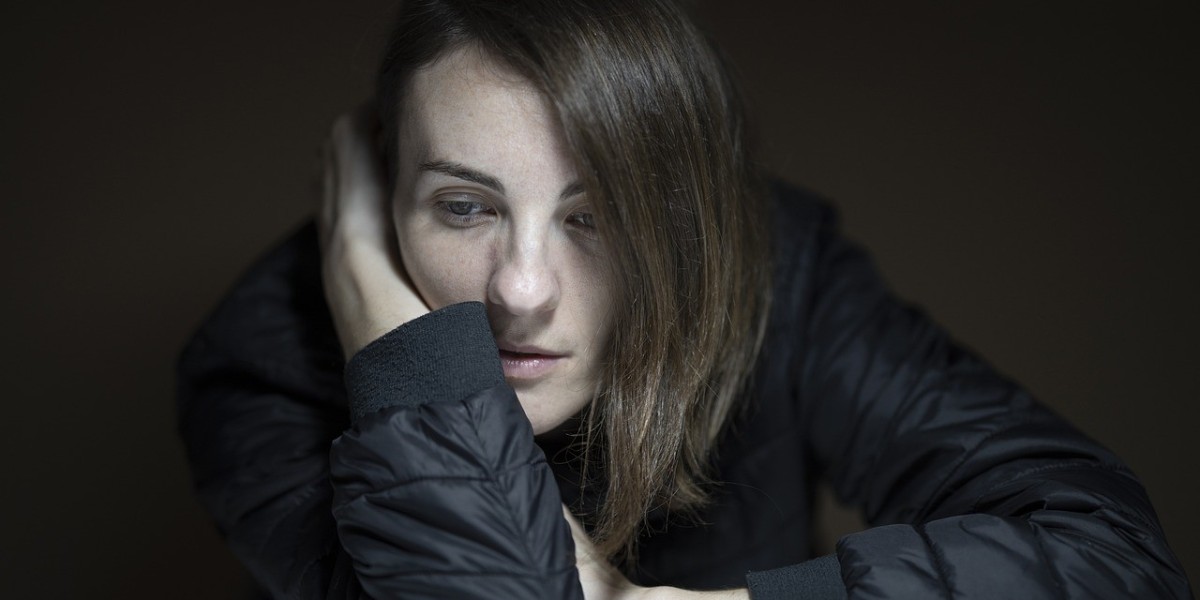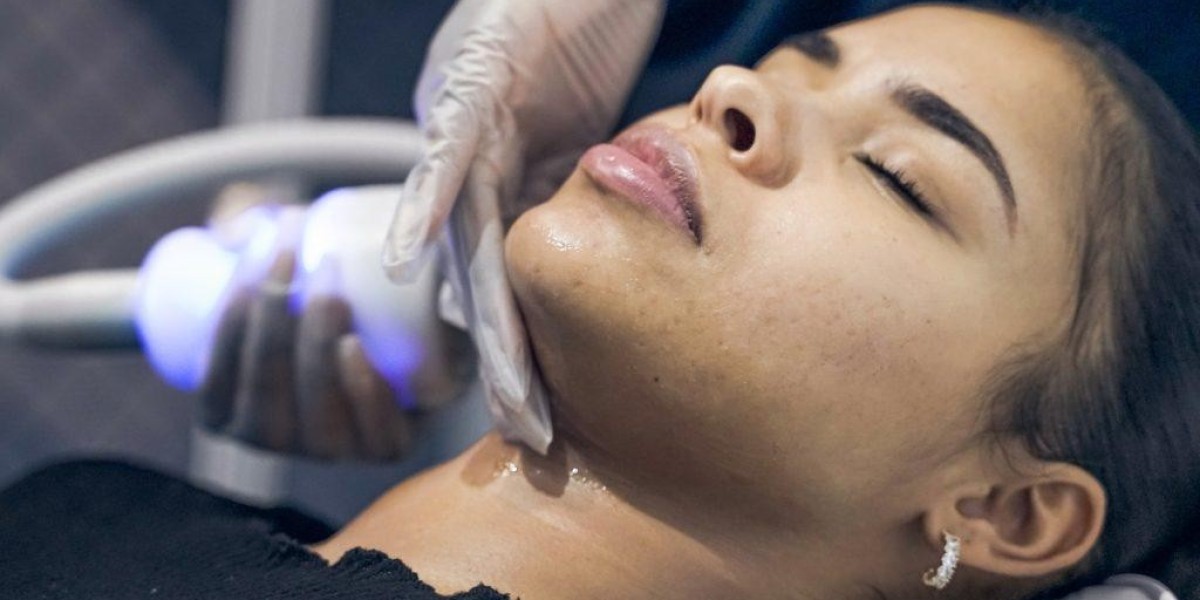What is Clinical Depression?
Clinical depression, also known as major depressive disorder, is a serious mental health condition characterized by persistent feelings of sadness, hopelessness, and a lack of interest or pleasure in activities. It affects how a person feels, thinks, and handles daily activities, and it requires professional diagnosis and treatment.
Signs and Symptoms of Depression in Women
Depression can manifest differently in women compared to men. Here are some of the common signs and symptoms experienced by women:
· Persistent Sad, Anxious, or “Empty” Mood
Women with depression often experience a prolonged state of sadness or emptiness. This can be accompanied by anxiety, leading to a constant feeling of being on edge or worried without a clear cause.
· Feelings of Hopelessness or Pessimism
Depression can cause women to feel hopeless about the future and pessimistic about their ability to improve their situation. This negative outlook can make it difficult to see any positive aspects of life.
· Feelings of Irritability, Frustration, or Restlessness
Many women with depression report feeling unusually irritable or easily frustrated. They may have a low tolerance for stress and feel restless or agitated.
· Feelings of Guilt, Worthlessness, or Helplessness
Depression often brings about intense feelings of guilt or worthlessness. Women may excessively blame themselves for things beyond their control and feel helpless to change their circumstances.
· Loss of Interest or Pleasure in Hobbies and Activities
A significant loss of interest or pleasure in activities once enjoyed is a hallmark symptom of depression. Women may withdraw from social activities, hobbies, or even daily tasks that used to bring them joy.
· Changes in Appetite and Weight
Depression can lead to changes in appetite, resulting in significant weight loss or gain. Some women may lose interest in food, while others may use food as a coping mechanism.
· Sleep Disturbances
Women with depression often experience sleep problems, such as insomnia (difficulty falling or staying asleep) or hypersomnia (sleeping too much). Poor sleep quality can exacerbate other symptoms of depression.
· Fatigue and Decreased Energy
Chronic fatigue and a noticeable decrease in energy levels are common in depression. Women may feel physically drained and find it challenging to complete even simple tasks.
· Difficulty Concentrating and Making Decisions
Depression can impair cognitive functions, making it hard for women to concentrate, remember details, or make decisions. This can affect their performance at work or in daily life.
· Physical Aches and Pains
Some women with depression experience unexplained physical symptoms, such as headaches, stomach aches, or muscle pain. These symptoms often do not respond to standard medical treatment.
Types of Depression Unique to Women
Women experience certain forms of depression that are related to hormonal changes. These include:
· Premenstrual Dysphoric Disorder (PMDD): A severe form of premenstrual syndrome (PMS) characterized by significant mood swings, irritability, and depressive symptoms that occur in the luteal phase of the menstrual cycle.
· Postpartum Depression: A type of depression that can occur after childbirth, marked by feelings of extreme sadness, anxiety, and exhaustion that may interfere with a woman’s ability to care for herself or her baby.
· Postmenopausal Depression and Anxiety: Depression and anxiety that can occur during the menopausal transition, associated with hormonal changes and life stressors.
These types of depression are associated with changes in ovarian hormones and contribute to the higher prevalence of depression in women.
What Causes Clinical Depression?
The exact cause of clinical depression is not known, but it is believed to be a combination of genetic, biological, environmental, and psychological factors. Hormonal changes, particularly in women, can also play a significant role in the development of depression.
How Can Clinical Depression Be Treated?
Effective treatment for clinical depression often involves a combination of medication, therapy, and lifestyle changes. Liberty Home offers comprehensive treatment options that include:
· Diagnosis and Medication: Professional diagnosis followed by appropriate medication to manage symptoms.
· Therapy: Various forms of therapy to address underlying causes and develop coping strategies.
· Exercise: Engaging in outdoor activities and regular physical exercise, which are highly beneficial yet often underrated in managing depression.
By addressing both the symptoms and underlying causes of depression, Liberty Home aims to provide holistic and effective care for those affected by this condition.
Conclusion
Liberty Home Primary Care Facility in Cape Town, South Africa, is a leading rehabilitation facility dedicated to aiding individuals with mental health disorders and addictions. With a commitment to providing comprehensive, personalized care, Liberty Home stands out as a beacon of hope for those seeking recovery. The facility offers a safe, tranquil, and nurturing environment that fosters inner peace, growth, understanding, and a sense of well-being.
At Liberty Home, patients receive holistic treatment that addresses both symptoms and underlying causes, ensuring a thorough and lasting recovery. The expert team at Liberty Home provides professional care, medication (prescribed by a psychiatrist), therapy, and promotes the benefits of regular physical exercise and outdoor activities. By equipping individuals with effective coping mechanisms and supporting them throughout their journey, Liberty Home empowers them to lead fulfilling lives.
Reach out to Liberty Home today to start your journey to recovery. Experience the unparalleled care and support that sets Liberty Home apart as a leader in mental health and addiction treatment.
Together We Overcome.









